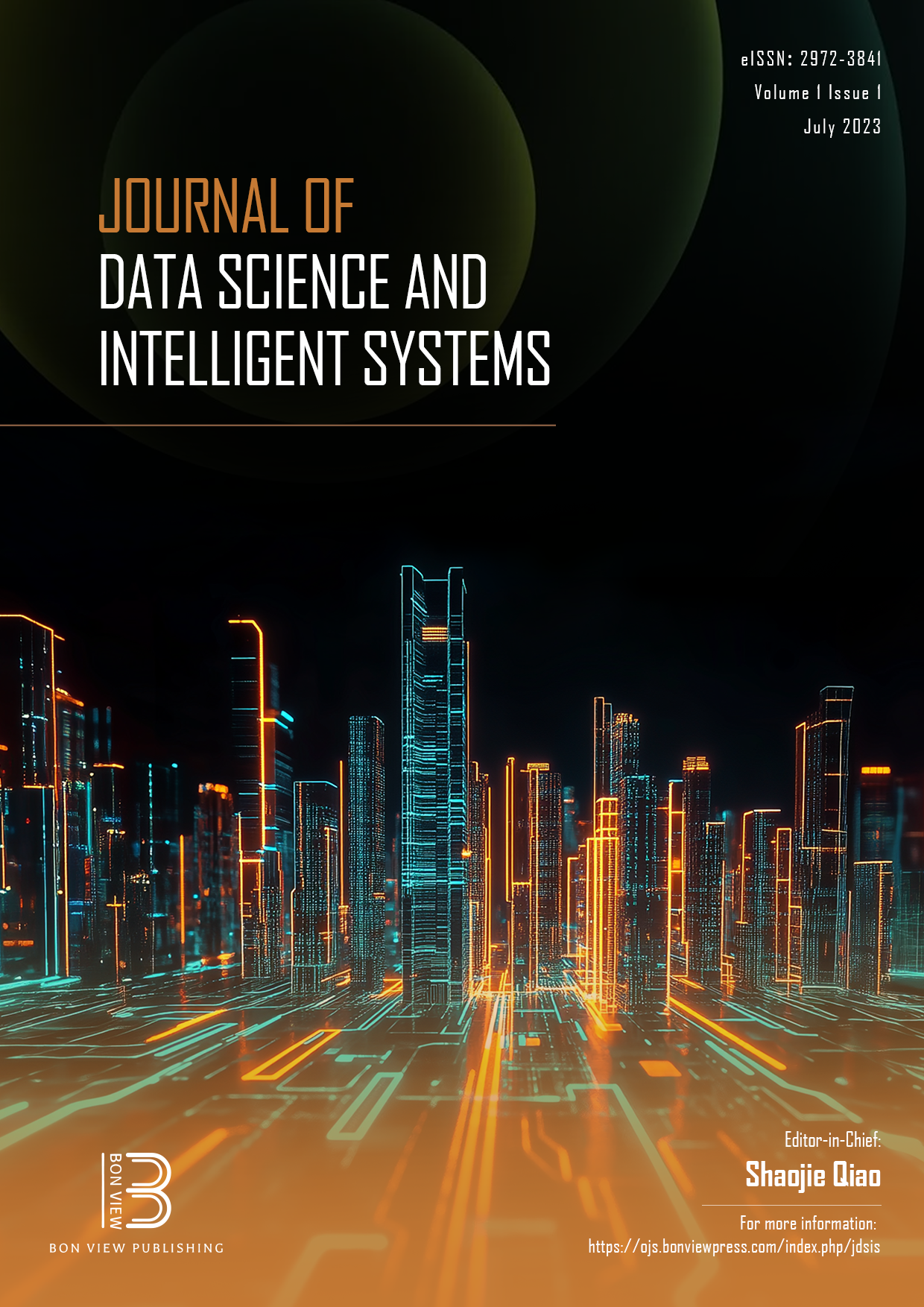ARM for Analyzing Factors Influencing Vaccinations During the COVID-19 Outbreak
DOI:
https://doi.org/10.47852/bonviewJDSIS3202669Keywords:
Apriori, association rule mining (ARM), COVID-19, data mining, FP-Growth, vaccinationAbstract
This article investigates factors influencing Coronavirus 2019 (COVID-19) vaccinations and public concerns using association rule mining (ARM). The experiment was conducted in Phuket at the beginning of 2022 when many people were still not vaccinated. The online questionnaire comprises 26 questions with a sample of 403 participants living in Phuket, Thailand. Among the participants, 377 people were vaccinated. The experiment is based on two main ARM methods: Apriori and FP-Growth. The performance assessment criteria were 0.5 and 0.6 minimum support and 0.9 and 1.0 minimum confidence. The most appropriate values are based on 0.5 minimum support and 1.0 minimum confidence with lift > 1. The experimental results reveal factors influencing COVID-19 vaccinations in association rules. For example, most vaccinated people received Sinovac. They are female and knowledgeable about vaccines. They are concerned about severe illness or death and live in the Mueang district more than others. They are also concerned about injection site pain, nausea, vomiting, numbness, and hemiplegia. Enhancing herd immunity is another compelling reason for people to be vaccinated. In the meantime, these derived rules can be reversed to explain why many people are not vaccinated. For instance, the most available vaccine is Sinovac, and several vaccination points are in the Mueang district.
Received: 18 January 2023 | Revised: 21 February 2023 | Accepted: 8 March 2023
Conflicts of Interest
The authors declare that they have no conflicts of interest to this work.
Downloads
Published
Issue
Section
License
Copyright (c) 2023 Authors

This work is licensed under a Creative Commons Attribution 4.0 International License.


